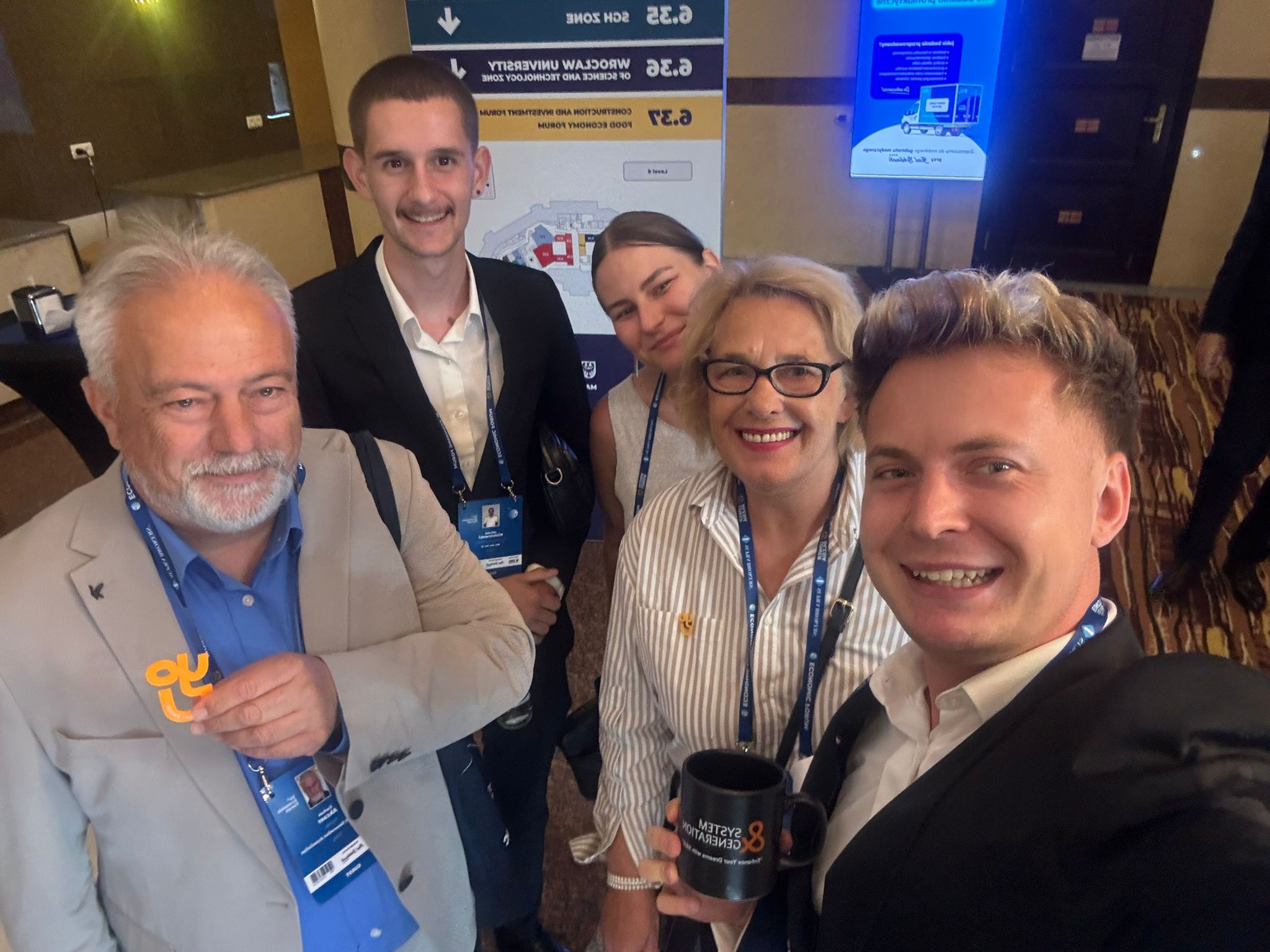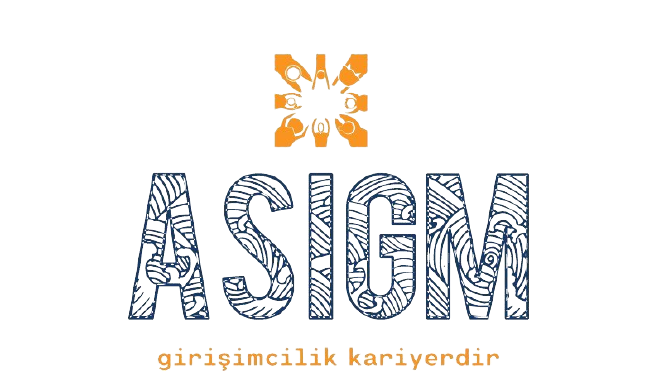NGOs in the Digital Age
During the panel "NGOs in the Digital Age: How Are Technologies Changing the Way They Work?", held on September 4 from 5:15 PM to 6:15 PM in the International Politics and Security space 6.26, experts and industry representatives discussed how digital transformation is redefining the way non-governmental organizations operate.
Moderated by Oliwia Wyrzykowska of GrowSPACE Poland, the meeting featured Gurkan Akcaer (System and Generation Association), Camelia Crisan (Progress Foundation), Bartosz Durma (We are for U), and Jens De Meester (Belgian Red Cross-Flanders).
The panel analyzed the impact of digital tools on the work of NGOs: from fundraising to community mobilization to the implementation of complex projects. Key topics included the challenges of data management, privacy protection, and online security. It was clear that technologies can expand the reach and effectiveness of NGOs, but also require new skills and protection strategies.
The issue of European funding and the role of volunteering
In parallel, the Centre for European Volunteering (CEV) launched a strong and clear appeal: volunteering must be recognized as essential for democracy and social cohesion and therefore strategically included in European funding.
Since 1992, the CEV—a network of over 60 organizations, including numerous national volunteer centers and networks—has been working to promote solidarity and civic engagement across Europe. However, for 2026, for the first time in more than twenty years, the CEV has not been allocated operational funding from the EU.
According to the CEV, this decision is particularly worrying in a European context marked by growing polarization, mistrust, isolation, and new forms of participation. Furthermore, this lack of support comes just before 2026, the International Year of Volunteering (IVY 2026), a global opportunity to celebrate the contribution of volunteers to society.
A dual challenge for the future
The combination of digital challenges and funding uncertainties highlights the need for a more targeted European approach. On the one hand, NGOs need secure and efficient digital tools to strengthen their impact; on the other, volunteering must be recognized and supported as a fundamental resource for building resilient and inclusive communities.
The message sent by the panel and the CEV is clear: without strategic support and serious attention to the challenges of digitalization, we risk weakening the very sectors of civil society that contribute most to democracy, solidarity, and social cohesion in Europe.











